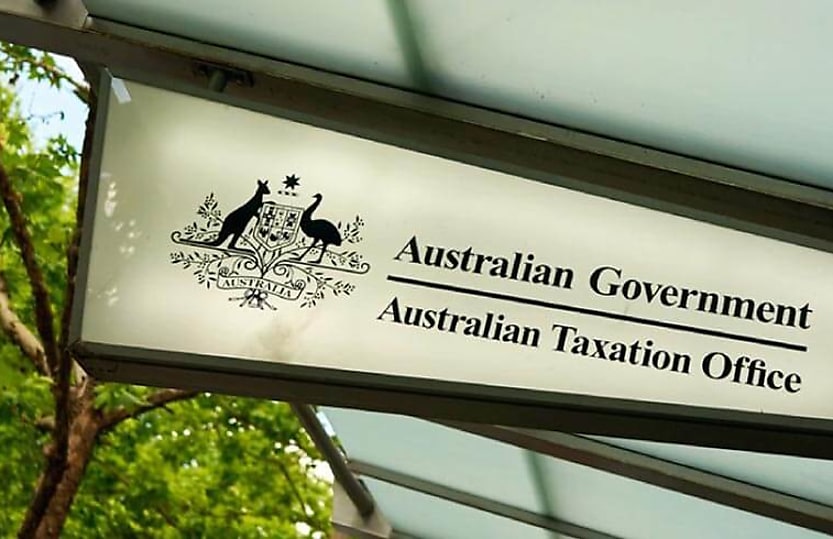‘Aggressive’ ATO puts directors in front line for tax debts

The ATO has hardened its stance and director penalty notices are now its first resort, according to Tax Assure.
The number of companies in tax debt distress has tripled since last year and the ATO has changed tack to go straight after directors, according to Melbourne-based consultant Tax Assure.
Tax Assure principal Olga Koskie said the average tax debt had doubled in 12 months and the ATO has become more aggressive with director penalty notices (DPNs) now a first resort.
“We’re seeing a huge amount of DPNs being sent out by the ATO and if a company is non-compliant, we’re seeing very strong and quick recovery action against directors,” she said.
“So we’re seeing DPNs often being sent out and issued before statutory demands and as soon as a company becomes non-compliant, we’re seeing recovery action against the director almost as a default.”
She said the ATO had issued warning letters in the past but was not required to do so.
“We did see at the beginning of this year a number of warning letters being sent to directors. However, now even if a company was in a compliant payment arrangement and they default on that payment arrangement – so if you don’t lodge or pay in full an upcoming or an ongoing liability – the company will automatically default.
“What we’re seeing is as soon as the company has defaulted on that payment arrangement, even if the company’s still making voluntary payments, we’re seeing DPNs being issued against directors.”
Ms Koskie said Tax Assure, which helps companies negotiate payment plans with the ATO, was seeing three times more clients than a year ago and “there’s a lot of stress out there”.
Debts well into six figures were common.
“People have significant amounts of debt that are in proportion to their turnover and to their profit would be much higher than what we saw pre COVID.”
“We’re seeing company debt levels on average double what they were before COVID.
“If people didn’t pay during the pandemic their level of debt has increased and the ATO are now expecting that to be paid in full and the companies to be compliant immediately.
“That is putting a lot of pressure on businesses almost starting behind the eight ball all over again, to now catch up. And they’re starting in a position of non-compliance.”
She said it is critical companies pay attention to PAYG, GST and super liabilities and keep up to date with lodgments as clients are being caught out by missed deadlines.
“Either they’ve lodged something late or haven’t paid an ongoing liability on time which then defaults the arrangement. They’ve kept making voluntary payments and so they’re completely shocked to receive a direct penalty notice because they didn’t even realise they defaulted.”
She said once a director got a DPN action needed to be taken and timelines were getting tighter for negotiated plans, with ATO taking a tougher line.
“We’re seeing the timeframe around those payment arrangements being tightened up,” she said, “and we’re also seeing the ATO focus again on the compliance history.
“If you get in a payment arrangement and keep defaulting, then that goes towards non-compliance. If your lodgements are late it goes towards non-compliance. If you’re not paying down any of the debt and the debt keeps growing, that goes towards non-compliance.”
“One of the things that we’re getting a lot of questions around is ongoing business viability and how they’re going to start being able to pay their ongoing liabilities and how they’re going to get on top of the debt and what’s changed so they don’t keep getting further into debt.”
“If the company is a viable business and they are trading well but they need time and the ability to repay in a payment arrangement that’s affordable, then we’re seeing very positive outcomes.
“But there are companies that have got a number of debtors, not just the ATO, and I think they’re the ones at the moment that are really suffering.”
“Being in a compliant arrangement is the only guarantee and the only way to absolutely guarantee they won’t be further legal recovery action.”
About the author

